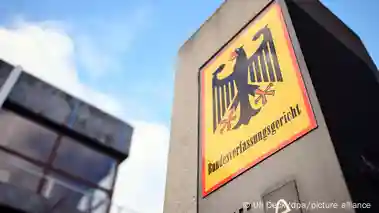Last Updated on February 19, 2024 by News Desk
In a significant development, the Supreme Court intervened on Monday, February 19, suspending legal proceedings in a criminal case involving Karnataka Chief Minister Siddaramaiah. The case stemmed from a protest march he led in 2022, demanding the resignation of then Rural Development and Panchayat Raj Minister KS Eshwarappa.
The apex court also halted proceedings against current State Ministers Ramalinga Reddy and MB Patil, as well as All-India Congress Committee (AICC) leader Randeep Singh Surjewala, linked to the same protest.
Challenges against the Karnataka High Court’s decision, which upheld the criminal case, prompted the intervention of Justices Hrishikesh Roy and Prashant Kumar Mishra. Advocates argued that the protest constituted a legitimate exercise of political expression, protected under Article 19(1)(a) of the Constitution.
Senior Advocate Dr Abhishek Manu Singhvi contended that penalizing such peaceful political demonstrations would violate fundamental rights. However, Justice Mishra raised questions about the selective application of rights based on the protester’s status.
Senior Advocate Kapil Sibal emphasized the distinction between “law and order” and “public order” allegations, asserting that restrictions under Article 19(2) did not encompass the former. He warned against the repercussions of deeming all public protests illegal.
Following deliberations, Justice Roy issued an order, summoning respondents within six weeks while suspending further proceedings. The order also nullified the Karnataka High Court’s directive imposing fines on the petitioners.
The underlying dispute arose from a protest on April 14, 2022, where demonstrators, including prominent political figures, marched towards the then CM’s residence, demanding ministerial resignations. Despite allegations of unlawful assembly, the defense argued that the protest predated a High Court order prohibiting such marches in Bengaluru.
The legal battle underscores broader issues concerning the balance between political expression and public order, as well as the regulation of protests in urban centers like Bengaluru.
In conclusion, the Supreme Court’s intervention signifies a crucial moment in the ongoing legal debate surrounding political protests, underscoring the complexities of safeguarding constitutional rights while maintaining law and order.
Written by — Athi Venkatesh AVD

















